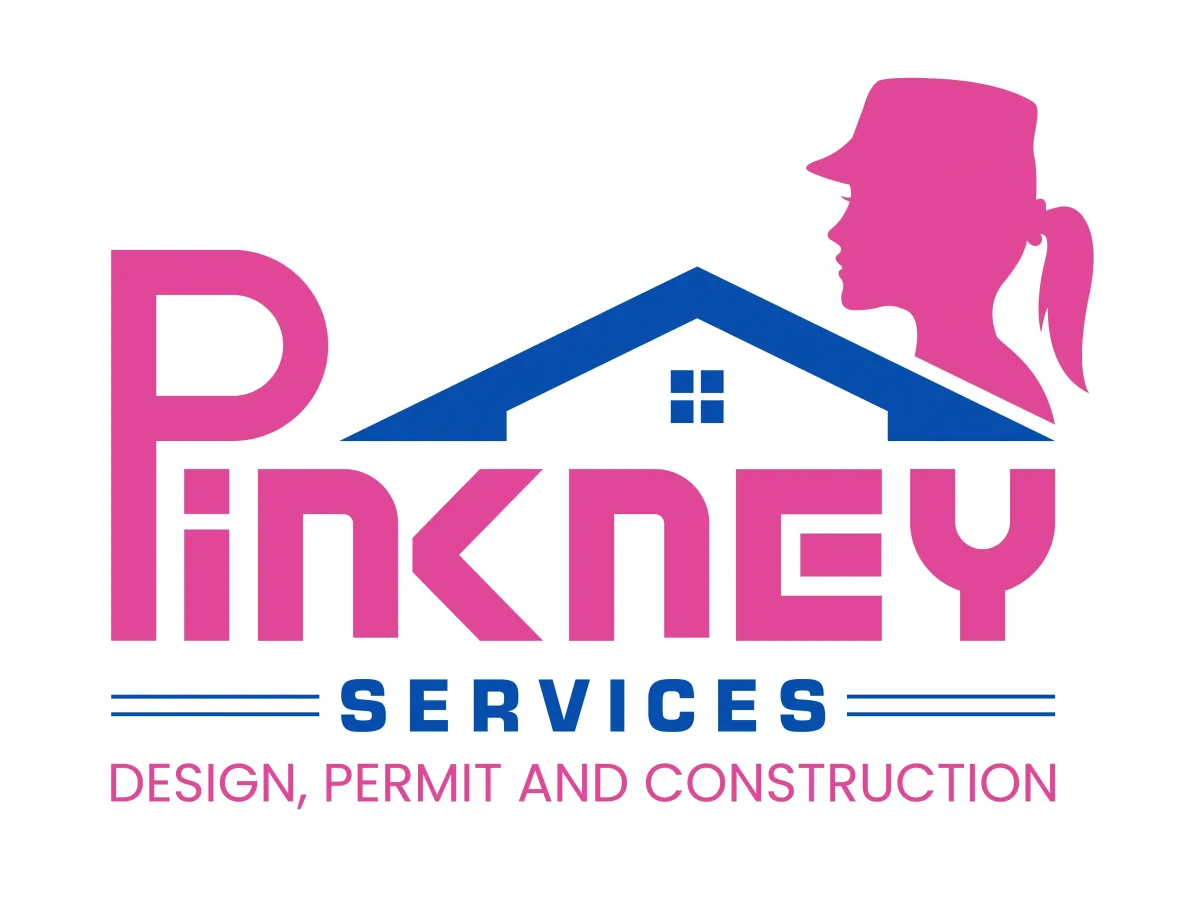
Hidden Costs of Kitchen Remodeling: What You Need to Know
Introduction
Kitchen remodeling is often a significant investment that can dramatically enhance the functionality, aesthetic appeal, and overall value of your home. However, many homeowners underestimate the complexities involved in such projects, especially the hidden costs that can escalate budgets unexpectedly. Understanding these concealed expenses is critical for effective planning, budgeting, and project management. This comprehensive technical guide aims to delve into the hidden costs of kitchen remodeling, offering actionable insights to help homeowners navigate the renovation process with confidence.
Why Are Hidden Costs of Kitchen Remodeling Frequently Overlooked?
Despite thorough initial planning, the true expenses of kitchen remodels often go unnoticed until they manifest during construction. Several factors contribute to this oversight:
- Complexity of involved trades, such as plumbing, electrical, and carpentry.
- Unanticipated structural issues or code compliance requirements.
- Material upgrades or substitutions prompted by availability or quality concerns.
- Changes in project scope midstream due to design modifications or unforeseen conditions.
Recognizing these potential pitfalls before they occur is essential for maintaining control over your budget. The key lies in understanding common hidden costs and how to anticipate them during project planning.
What Are the Most Common Hidden Costs in Kitchen Renovation Projects?
Structural problems such as compromised framing, termite damage, or outdated foundations can escalate costs unexpectedly. These issues may require reinforcement, replacement, or additional permits, adding unforeseen expenses to your project.
Older homes often have outdated plumbing and electrical wiring that fail to meet current safety standards. Upgrading these systems not only improves safety but also ensures compliance with local building codes, often necessitating extensive work that inflates your budget.
Permit fees and inspection costs are vital components of legal compliance. Delays or reapplications due to incomplete documentation or changes in project scope can lead to additional fees and project delays, which directly influence overall costs.
How Can Material and Labor Choices Contribute to Unexpected Expenses?
Supply chain disruptions, seasonal shortages, or limited availability of specific materials may force you to choose higher-priced alternatives or accept delays, increasing overall expenses. Moreover, opting for low-quality materials can lead to future repair costs, undermining initial savings.
Specialized trades such as custom cabinetry, tile work, or integrated tech systems demand skilled labor, which commands premium rates. Additionally, scheduling inefficiencies arising from subcontractor coordination can extend project durations, adding to labor costs.
Are There Hidden Costs Associated with Design Changes During Construction?
Alterations to the original plan often require reordering materials, modifying structural elements, or engaging additional experts, all of which increase expenses. These changes might also cause project delays, further inflating costs.
How Can External Factors Affect Your Kitchen Renovation Budget?
Environmental restrictions, such as lead paint or asbestos removal, can impose additional testing and remediation costs. Similarly, zoning regulations or historic preservation guidelines may necessitate extra documentation or work, influencing the overall budget.
What Strategies Can Minimize the Hidden Costs of Kitchen Remodeling?
Adopting a detailed project scope and allocating a contingency fund—typically 10-20% of the project budget—is crucial. This buffer accommodates unforeseen expenses without jeopardizing the project's completion.
A seasoned contractor, familiar with local codes and experienced in managing renovations, can identify potential issues early. They can also provide accurate estimates and help streamline project execution, reducing the likelihood of surprises.
Clear, comprehensive design plans and scope documentation minimize changes during construction, thereby curbing unanticipated expenses. Incorporating modern tools like 3D modeling can help visualize decisions beforehand, preventing costly revisions.
How Should You Approach Budgeting and Cost Management for Your Kitchen Remodel?
Effective budgeting requires a hybrid approach combining fixed estimates with flexible contingency allocations. Regular reviews and open communication with your contractor ensure transparency. Here are key steps:
- Conduct a detailed structural and environmental assessment before budgeting.
- Prioritize essential features and identify areas where compromises are possible.
- Research and source materials with reliable suppliers to avoid delays and inflated prices.
- Establish a contingency fund, typically 15-20%, to cover unexpected expenses.
- Set milestones for progress review and budget reassessment.
What Are Some Helpful Resources to Better Understand Kitchen Remodeling Costs?
- Learn how to choose a kitchen layout to optimize space and reduce costly modifications later.
- Explore smart kitchens with tech integration to incorporate modern features without exceeding your budget.
- Review kitchen layout optimization in Washington, D.C. for localized tips and best practices.
FAQs About Hidden Costs of Kitchen Remodeling
Major hidden expenses can include structural repairs, electrical upgrades, permit fees, unforeseen design changes, and supply chain delays affecting material costs.
Establish a comprehensive budget that includes a contingency fund, perform thorough assessments beforehand, and maintain flexibility to adapt to unforeseen expenses as they arise.
Request detailed estimates, inquire about possible structural or electrical issues, ask about permit responsibilities, and discuss how changes during construction will impact costs and timelines.
Conclusion
Remodeling your kitchen is an exciting venture that can significantly enhance your home's comfort and value. However, being aware of the hidden costs of kitchen remodeling ensures you remain prepared for the unexpected financial demands that may arise. Through meticulous planning, transparency with your contractors, and leveraging reliable resources, you can navigate these hidden expenses effectively—transforming your dream kitchen into reality without budgetary surprises.
For expert assistance and tailored solutions, consider reaching out to Pinkney Services. Our team specializes in comprehensive kitchen remodeling, helping clients identify potential pitfalls and execute projects smoothly.





















